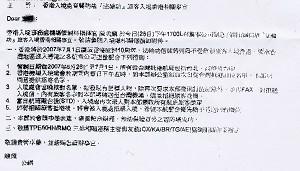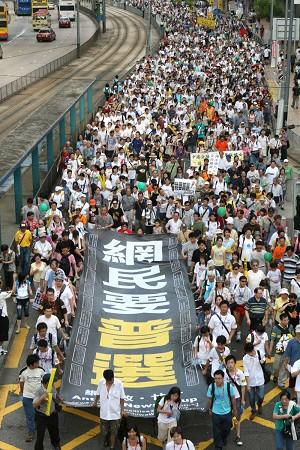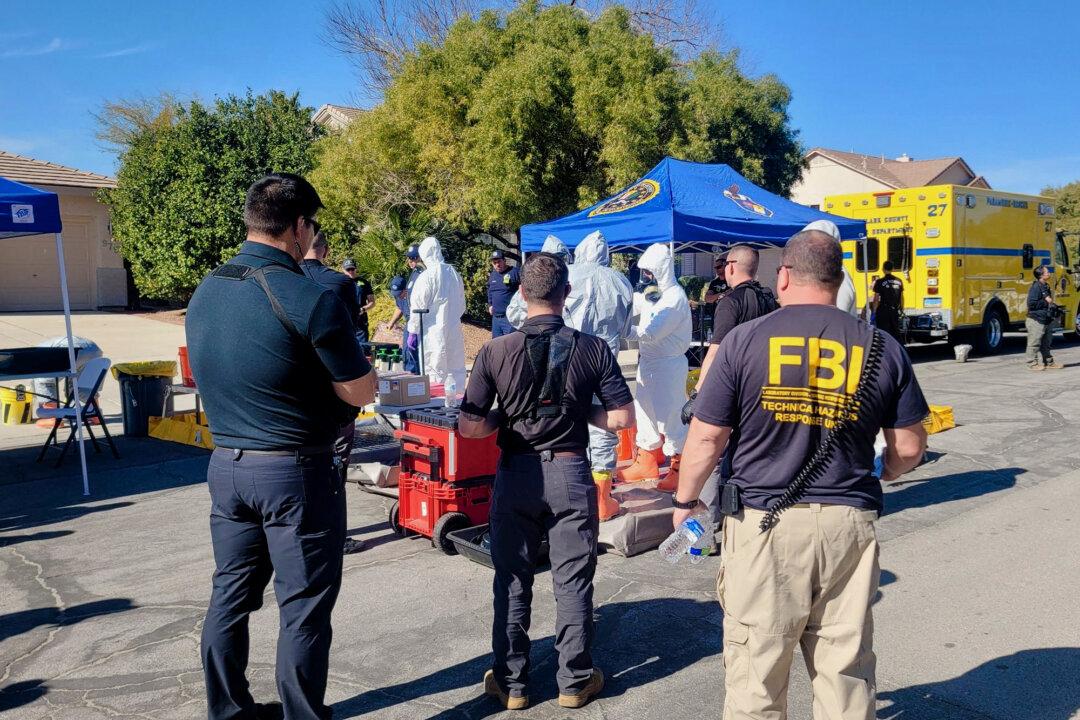Hong Kong police should lift the restrictions that it imposed on the annual march on July 1 this year, according to a decision on Tuesday of Hong Kong’s appeal board that oversees public rallies and processions in the city.
The appeal board rules that the police should open three lanes for the march and should extend the opening hours of the government headquarters to 7 p.m.
According to the original police plan, only one lane of the roads would be open to the marchers, who would not be allowed to enter the government headquarters building after 6 p.m. as they did in the July 1 march in past years.
Legislative councilor Lee Cheuk-yan, who attended the hearing, is quoted by Apple Daily saying the chairman of the appeal board, former Supreme Court judge Raymond Arthur William Sears, found the police’s restrictions this year unusual and worried about the marches’ safety if they were to march in one lane of a road next to two lanes of moving traffic.
Civil Human Rights Front, organizer of the annual July 1 march, welcomes the appeal board’s decision, according to Apple Daily, and said the ruling shows that the restrictions set by the police were completely unreasonable.
Commenting in an interview with New Tang Dynasty Television last week on the police’s restrictions, Law Yuk Kai, Director of the Hong Kong Human Rights Monitor (HKHRM), said they are signs of the regression of freedoms in Hong Kong.
He questioned why the government and the police would give priority to other users of the road by limiting the marches to only one lane, noting that this is in fact discrimination against those who choose to express their opinions through peacefully marching in public.
Hong Kong’s Executive Chief Donald Tsang and Chief Secretary for Administration Rafael Hui Si-yan have the responsibility to look into this matter, said Law.
Among other regressions of freedoms in the former British colony, Law cited a number of cases in which he thinks Falun Gong adherents have been treated discriminatorily, including the use of laws for regulating hawkers to press charges against Falun Gong adherents who demonstrated peacefully outside the China Liaison Office in March 2002.
The difficulties that Falun Gong adherents have in renting venues for their activities as well as the Hong Kong media’s silence about their large-scale protests are among other examples cited by Law as discrimination against Falun Gong in Hong Kong.
Hong Kong was returned by Britain to Chinese sovereignty on July 1, 1997 as a Self Administrative Region (SAR) with the agreement of “one country, two systems.” In 2002 the attempt of the Chinese regime to impose a set of “national security” laws in the city to curb freedoms triggered growing discontent among the residents.
On July 1, 2003 a large number of people—estimated to be around 500,000—took to the street to safeguard democracy. Since then, every July 1, the day of the “hand-over” anniversary, has been the day of an annual march for democracy.
Many believe that the restrictions are imposed on this year’s march because the Chinese communist head Hu Jintao will attend the official anniversary ceremony on July 1 in the SAR.






